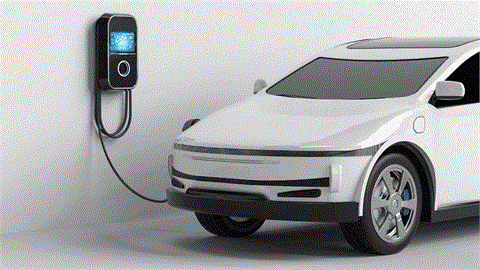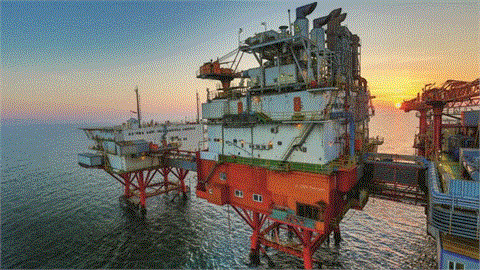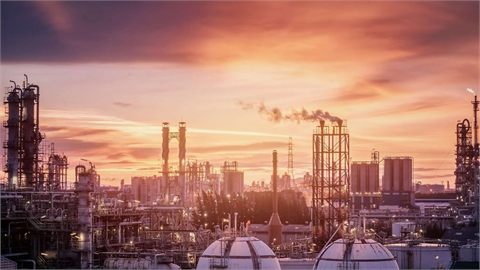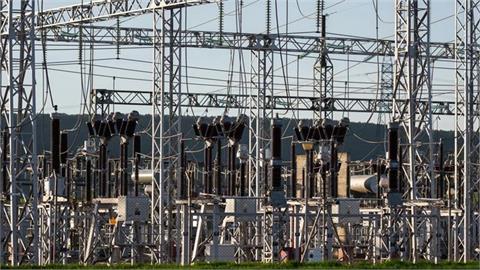Today, Prime Minister Janez Janša continues to attend the European Council meeting in Brussels. At the meeting, European leaders are discussing the situation in Ukraine, defence, energy and food security.
"I am pleased that yesterday we reached an agreement on the sixth package of sanctions, a package that was more demanding than the previous five, because it includes part of the energy package and not all Member States find themselves in the same situation. The hardest nut to crack was to find a solution for those countries that do not have access for tankers to deliver oil by sea. Fortunately, Slovenia has such access, so we were more concerned with looking for solutions for others," the Prime Minister said. According to him, the most difficult challenge in the field of energy still lies ahead, and this is the issue of gas. "Good luck to those who are able to find a solution to squaring the circle," added Prime Minister Janša.
"As far as the situation in Ukraine is concerned, sanctions are not the key issue, but the situation in Donbas is, given that the Russian army is advancing," he said, adding that Russia has superiority in the air, armour and heavy weapons. "If the EU and the West do not want to discuss millions of new refugees from Ukraine within a month, we need to focus on military aid to Ukraine," said Prime Minister Janša.
"As far as oil supply to Slovenia is concerned, those commercial companies that supply oil to Slovenia already now guarantee that they do not supply such oil from Russian sources, and if that is the case, then there should be no complications, nor any significant direct impact on the prices of energy products," the Prime Minister said. He added that the issue of oil is, above all, a question of price and not quantity. "If prices are very high, Russia can sell half as much oil and it will still have more money to finance the war in Ukraine; at the same time, when Russia invaded Ukraine it destabilised world markets with this war, causing higher prices of oil, energy and food, which is the main problem, so I hope that today we will find some more concrete solutions as regards how to influence energy prices," the Prime Minister said. He added that Europe has the necessary instruments at its disposal, "but we are still prisoners of the paradigms of years ago, when there was neither war nor high prices and the green transition paradigm prevailed, at no matter what cost." If the EU finds the right approach it will stabilise energy prices," he added.
According to the Prime Minister, the proposal for the joint procurement of energy products is a good one, and he noted that we had already proposed such an approach in October of last year. "Formal frameworks are more or less set, but there is much to be done here by the European institutions and the Member States, because it is a matter of harmonising formal European frameworks and the commercial approach that applies to the common European market," the Prime Minister said.
When asked about what the key challenges of the EU’s future are, the Prime Minister replied that the key challenge for the foreseeable future is certainly the war in Ukraine, which affects everyone, including by resulting in a different geostrategic distribution in the world and smaller crisis hotspots. "It also has an impact on further instability in the Western Balkans, and the war in Ukraine is what both Slovenian and European politics must focus on," the Prime Minister said. "The key concern is to stop the invasion of Russian aggressors in the East, because if Russia conquers new territories there, this will lead to an increase in the appetite on the part of the aggressor, on the one hand, and in political tension in Ukraine and the loss of the credibility of the EU and the West, on the other, all of which will affect market prices and food and energy security, so that a better or worse future of Europe and Slovenia is being decided in Ukraine," added the Prime Minister.
With regard to foreign policy, the Prime Minister advised the incoming government to pursue a proactive policy. "Ukraine is a neuralgic point; it is necessary to know many details, and the ability to concentrate on this neuralgic point is the key to Slovenia's contribution to a life of peace and prosperity in Europe and Slovenia in the future," said Prime Minister Janša. He added that during this term of office he was a member of the European Council for the third time and that "there is no one in the current composition of the European Council who was with me in the 2004–2008 period. If I am ever a member of the European Council again, I hope that the courageous people I have met over the last two years will also be members at such time." In this context, the Slovenian Prime Minister especially mentioned the Prime Ministers of Denmark, Finland, Sweden and Estonia," because at the moment these women are the ones who are somehow steering the European boat in the right direction."
In response to the question of the foreign media about the current situation in Ukraine, the Prime Minister said that the world had changed in February. "We are still trying to understand what important changes are happening, but we have also arrived at this situation because we lacked ambition and answers to strategic questions. EU enlargement is one of the strategic answers to the current challenges," said Prime Minister Janša.
With regard to the possible EU membership of Moldova, Georgia and Ukraine, the Prime Minister said that in the talks that have been taking place since February of this year he had noticed a clear divide in the EU as regards enlargement issues. "Some Member States want these countries to stay in the waiting room or even outside of it for as long as possible, because in this way they are provided a cheap labour force. I myself object to that. Europe was built on other values. We are witnessing Sweden and Finland joining NATO. This is one of the few bright moments we see in the current situation and the EU must follow this path," said the Prime Minister.
"The EU needs to change its criteria and return to its original spirit. The EU was built as a project of peace, not just as a single market, with prices and an economy that affects everyone. The June Council will therefore be the moment of truth for the EU," concluded Prime Minister Janša.
(www.gov.si, May 31, 2022)



